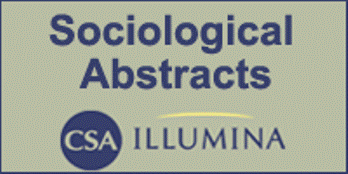Workaholism - Work And Extra-Work Satisfactions - And Psychological Well-Being Among Professors In Turkey
Prof.Dr. Ronald J. BURKE Yrd.Doç.Dr. Mustafa KOYUNCU - Lisa FIKSENBAUM
ABSTRACT
Purpose – This research examined the relationship of three workaholism components identified by Spence and Robbins (1992) and work, extra-work and psychological health outcomes.
Design/Methodology/Approach – Data were collected from 406 professors in Turkey (243 males and 165 females) using an internet-based survey. Measures included personal and situational characteristics, possible workaholism antecedents (beliefs and fears, organizational values supporting work personal life imbalance), workaholism components (work enjoyment, feeling driven to work, and work involvement), validating job behaviors (perfectionism, stress), work outcomes (job and career satisfaction), extra-work outcomes (e.g., family satisfaction) and psychological health (e.g., psychosomatic symptoms).
Findings – Workaholism components, particularly work enjoyment and feeling driven to work because of inner pressures, emerged as strong and consistent predictors of a number of work and well-being outcomes.
Practical implications – Work enjoyment emerged as a strong and consistent predictor of most work and well-being outcomes. Organizations are encouraged to increase satisfaction levels in efforts to attain productive and healthy people.
Originality/value. Replicates previous North American workaholism research in Turkey.
Key Words:Workaholism, Professors, Turkey, work satisfaction, psychological well-being.
62912 kez görüldü, 2651 kez indirildi.






